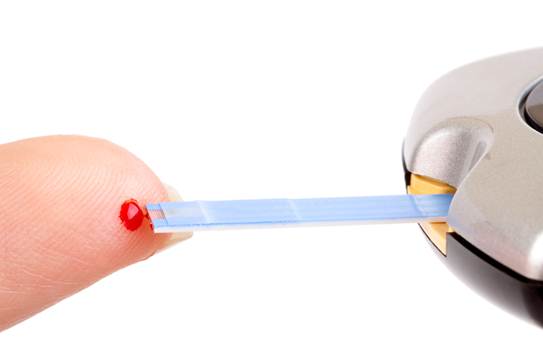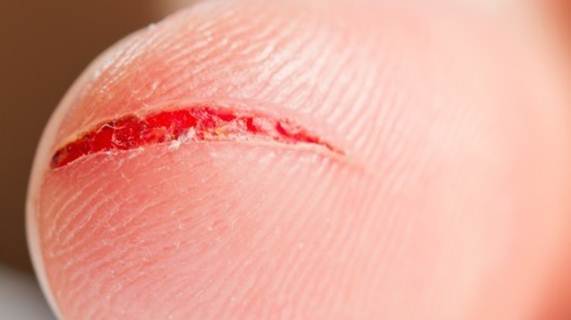
High blood sugar or hyperglycemia occurs when the insulin in the body is insufficient or not able to process the glucose in blood appropriately. Despite the relationship of hyperglycemia, its relative, hypoglycemia and diabetes, people who don’t have diabetes can also have high or low blood sugar levels.

People who don’t have diabetes can also have high or low blood sugar levels.
Signs/ symptoms
When having high blood sugar, you may have to face with headache, blurred vision and difficulties in concentrating. You may also feel very thirsty and have lots of urination.
Identification
A blood test (in hospital or at home) can identify high blood sugar. After eating, the level of blood sugar 180mg/dl or higher is considered as high. Doctors can offer you a blood sugar test when you’re hungry (fasting blood sugar test); the blood sugar from 90 to 130 or higher also is considered as high.
Impacts

Long-term high blood sugar states can lead to complications like slow skin healing.
Long-term high blood sugar states can lead to complications like slow skin healing, vaginal infections, eyesight issues, mental issues and stomach complications.
Warning
People who have diabetes, high blood sugar and don’t receive treatments can have accumulations of ketone which are waste products created along the fat processing. This could lead to a mortality condition called ketoacidosis (the body is infected with ketone by diabetes). Fruity breath, nausea and dry mouth are considered signs of ketoacidosis.
Preventions/ solutions

Healthy diets can prevent high blood sugar.
If you have high blood sugar, it’s important that you take blood sugar tests usually. Make prevention by taking in habits of healthy eating, drinking much of water and consulting doctors for your need of treatment.
